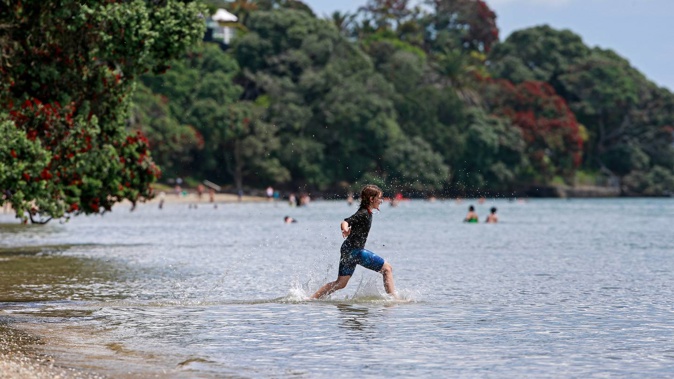
New Zealand's environmental watchdog wants the Government to improve the way it measures what its spending achieves.
The Parliamentary Commissioner for the Environment, Simon Upton, wants the Government to pull together information from different agencies and departments to better track where the billions of dollars it invests in the environment every year goes, and what it does.
The former National Party Cabinet minister, in a new report endorsed by the Auditor-General, recommended the Government clearly identifies the environmental outcomes it wants to achieve and monitors its progress in achieving these goals.
Upton recognised individual departments and agencies already do this, but said it was difficult to monitor what they were achieving as a collective.
He said that if he found it difficult to pull together this kind of information, it would be much harder for the public and parliamentarians to do so to effectively hold the Government to account.
"It has become clear that while there are links between the environmental information we collect, the research we undertake and the money we throw at environmental problems, they are often tenuous, lacking in transparency and governed by short-termism.
"We need to know how our actions are affecting the environment, and whether the actions we are taking to improve the environment are working.
"Decision-making needs to be better informed by evidence. And those decisions – and their consequences – need to be capable of scrutiny."
Upton suggested the Government reports on how its work contributes towards a prescribed set of environmental goals similarly to how it reports on child poverty.
He said this reporting should happen at least once every three years.
"Having a reporting requirement in the Public Finance Act 1989 explicitly linked to the Environmental Reporting Act 2015 would strengthen links between environmental reporting, strategic planning and investment."
On the upside, he identified an "emerging exception" to his criticism: reporting on climate change.
"Outcomes [emissions reductions] are clear across agencies, spending is increasingly mapped to outcomes, a single plan is formulated to reach these outcomes, and clear efforts are being made to evaluate the impacts of key initiatives on the environment," he said.
Upton tried to map out which government agencies spent what in the 2020 fiscal year to try to meet six environmental outcomes he identified.
He estimated that across government, the largest amount of money ($815 million) went towards "reducing greenhouse gas emissions". This was nearly entirely funded by the agency that spends the most on the environment – the Ministry for the Environment (MfE).
The environmental goal that received the second highest sum ($613m) was "improving biodiversity and ecosystem functioning and resilience".
This was almost 50-50 funded by the Department of Conservation and the Ministry for Primary Industries (MPI).
MPI was identified as the second-highest spending agency. Its expenditure was spread relatively widely across goals.
Upton estimated the outcome that received the third largest amount of funding ($492m) was "improving the efficiency and effectiveness of institutions designed to manage human interventions in the environment".
Funding for this outcome came from a range of departments, but the Ministry of Business, Innovation and Employment (MBIE) was the largest contributor. MBIE was also the agency that made the third largest contribution towards the environment.
The other environmental outcomes Upton identified were, "improving Aotearoa's land and freshwater", which received $287m from MPI and MBIE, and "reducing pollution and waste", which received $248m from MBIE and the MfE.
Improving Aotearoa's coastal and marine environment received $109m, pretty much all from MPI.
Upton stressed, "Failing to respond to environmental issues is not cost-free – it simply defers costs into the future.
"Environmental costs tend to compound over time. If they continue to be ignored, the costs of remedying them will eventually become unaffordable."
Auditor-General John Ryan endorsed Upton's report.
"The commissioner's report provides further evidence of problems that my office consistently identifies," Ryan said, noting investigations his office has done into reporting around spending on Covid-19 and the Provincial Growth Fund.
"In my view, a comprehensive review is needed of the arrangements that enable Parliament and the public to understand what governments are seeking to achieve, what is being spent, and what progress is being made.
"In exchange, this will help the public sector maintain an informed, trusting, and enduring connection with the public they ultimately are there to serve."
Ryan said whole-of-government performance reporting would also help focus debate on the longer-term and on some of the more intractable issues we face as a country.
Take your Radio, Podcasts and Music with you








